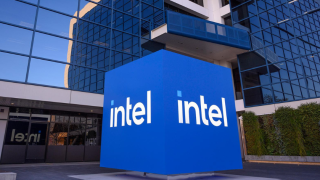Revenues for the same period in 2019 stood at $45 billion.
AT&T owns the Warner Bros movie studio as well as the pay-TV channels HBO, HBO Max and Turner. Hit on two fronts, the media businesses lost monthly subscribers as a result of the pandemic and saw the release of many big-ticket cinematic productions delayed or cancelled, impacting distribution and advertising revenues.
There were further hits to advertising revenue, mobile roaming and phone sales. However, AT&T assured shareholders that its telecoms division was “resilient”.
In an earnings call, chief executive John Stankey, said: “We remain committed to putting our capital against the areas where there is an opportunity to grow this business moving forward and come out the back side of this pandemic stronger than when we came in.”
Noting a total 9% decline in revenue, AT&T said the disruption in its media operations cost $830m in charges.
Elsewhere in the results, operating income more than halved from $7.5 billion to $3.5 billion.
“Our solid execution and focus in a challenging environment delivered significant progress in the quarter, most notably the successful launch of HBO Max, resilient free cash flow and a strengthened balance sheet,” said Stankey.
“Our resilient cash from operations continues to support investments in growth areas, dividend payments and debt retirement. We are aggressively working opportunities to sharpen our focus, transform our operations and continue investing in growth areas, with the customer at the centre of everything we do,” he added.
Q2 round-up
In the communications business, international roaming had a negative impact on service revenues (down 1.1%), while equipment revenues increased year on year. AT&T noted a post-paid phone churn of 0.84%, a two-basis point improvement year over year. Further it noted a post-paid net loss of 151,000 subscribers, including 338,000 accrued disconnects for which the company continues to provide service under the Keep America Connected initiative.
The pre-paid side saw its lowest churn ever, with 135,000 net adds.
In the entertainment group, AT&T noted “solid video and IP broadband ARPU gains”, while gains in AT&T TV offset the losses incurred in video. TV subscriptions were perhaps the most surprising decline given the overwhelming popularity of Netflix and the launch of Disney + during lockdowns. However, AT&T noted a net loss of 886,000 while witnessing 225,000 AT&T Fiber net adds.
Finally, in its WarnerMedia business, AT&T noted the “successful launch of HBO Max with strong engagement”.





